We tend to romanticise the defeat of Indira Gandhi’s Emergency regime. Certainly, India didn’t rise up as a whole in 1977 to defend the institutions of democracy. It was sterilisation.
As we have seen recently, there are times when reality is far stranger than fiction. On 13 December, protesters carrying gas canisters entered Parliament. They leaped onto the floor of the House and released the contents of their canisters. Fortunately, they did not contain poison gas or even tear gas as some MPs feared. The gas was harmless; the protestors were apparently trying to make a point and not assassinate members of the House.
The fact that protestors were able to breach parliamentary security so easily on the anniversary of the deadly 2001 attack on Parliament, which killed nine people (excluding the five terrorists themselves), was both shocking and frightening. The mystery deepened when it was discovered that a Bharatiya Janta Party (BJP) MP from Mysuru Pratap Simha had allegedly got them the passes that allowed the protestors access to Parliament.
How do you think the government and the constitutional officers who run Parliament (the Chairman of the Rajya Sabha and the Speaker of the Lok Sabha) responded to this serious breach of security?
By suspending the MP who gave passes to the the attackers? By asking Union Home Minister Amit Shah to make a statement in both the Lok Sabha and Rajya Sabha explaining how such an attack could happen?
Nope.
None of the above happened. The BJP MP in question wasn’t suspended. Shah did not make a statement in both Houses.
Instead, the presiding officers of both Houses suspended 141 MPs, all of them from the Opposition. The MPs had angrily protested and demanded a statement on the attack from the Home Minister. In response, they were booted out.
Democracy’s new reality
With the Opposition reduced by two-thirds of its strength in the Lok Sabha, the government introduced important bills that would overhaul the Criminal Law in the country.
If a scriptwriter had written such a sequence in a political film or a web show (not that you can easily make political shows these days), the director would have refused to include it. “Who would possibly believe such an unrealistic plot twist”, the scriptwriter would have been told. “Try and make it believable. Keep it real.”
And yet, here we are. This is the new reality.
To be fair to the presiding officers, many of the suspended MPs had rushed to the well of the House and obstructed the functioning of Parliament.
This may be an affront to the dignity of Parliament. But it is also, for better or for worse, not uncommon in India. MPs often rush to the well of the House. The usual response is to adjourn proceedings and hope to restore order when it reconvenes. Only in cases of exceptionally bad behaviour are MPs suspended. Never before, in the history of India, has two-thirds of the Opposition been suspended.
Moreover, the BJP is not necessarily best placed to get self-righteous about disrupting Parliament. During the United Progressive Alliance (UPA) II, it was the BJP that regularly disrupted Parliament. And it wasn’t the work of the odd rogue elements. No less a person than Sushma Swaraj, the then BJP’s leader of the Opposition in the Lok Sabha, declared in 2012 “not allowing Parliament to function is also a form of democracy, like any other form.”
And how about this quote from Arun Jaitley, then leader of the Opposition in the Rajya Sabha: “Many a time, Parliament is used to ignore issues and in such situations, obstruction of Parliament is in the favour of democracy. Therefore, parliamentary obstruction is not undemocratic.”
He could have been talking about the events of the last few days.
Jaitley never gave up on the right to obstruct and disrupt Parliament. A year after he had told the country that parliamentary obstruction is in the favour of democracy, he was at it again. “There are occasions when an obstruction to Parliament brings greater benefits to the country,” he pronounced.
I think Swaraj and Jaitley were wrong. However, the BJP can’t disown the statements they made again and again, which became the party’s policy. What it wants now is that there is one rule for the BJP and another for everyone else.
Two questions remain. One: Why is the government suspending the Opposition MPs? Yes, I know the two presiding officers are not formally part of the government but, in the interests of common sense, can we just skip that bit?
The short answer — and the answer to nearly every question these days — is that the government is doing it because it can. Who will stop it?
After the recent assembly election results, the BJP believes that nothing can prevent it from coming back to power at the Centre. The Opposition is — at the national level, at least — an irrelevance, it thinks. So, it does not matter to the government what the Opposition believes or wants.
Nor does the party consider itself answerable to the Opposition in Parliament. Yes, there was a security breach, its attitude seems to suggest, but we will handle it ourselves. Who are you to demand explanations?
And when the Opposition is understandably upset about the response and is making a fuss about it, the BJP shut it up by throwing its MPs out of the Houses.
And here’s the second question: Will there be a public outcry that will damage the government’s standing within the country? Will the apparent high-handedness of this behaviour reduce the halo around Prime Minister Narendra Modi’s reputation? Will it make a difference to the BJP’s electoral prospects?
The answer is clear: No. Absolutely not.
There are two reasons for this. First of all, the Indian public has no great love for noisy politicians. It is horrified by the spectacle of parliamentarians squabbling during the live telecasts of the sessions and does not care too much about what happens to them. If somebody shuts parliamentarians up, the general reaction is one of indifference or even, relief.
More important is this: Indians respect democracy but do not recognise the importance of institutions that make it work. Indian voters feel that they have the power to vote in or vote out their politicians. And that is enough for them; it’s what democracy is about.
They don’t recognise that elections are meaningless unless you protect the institutions that allow democracy to function.
Lesson from Emergency
We tend to romanticise the defeat of former Prime Minister Indira Gandhi’s Emergency regime in retrospect. However, the truth is that even when she was defeated in 1977, she lost the North but kept the South. The Congress beat the Janata Party in every South Indian state and in Maharashtra and Assam.
The Congress lost the Hindi belt mainly because of the forced vasectomy campaign spearheaded by Sanjay Gandhi. Had there been no sterilisation, there is no telling what might have happened. Certainly, India did not rise up as a whole in 1977 to defend the institutions of democracy: The independence of the judiciary, the role of the free press, and the status of Parliament, all were damaged during the Emergency.
One of the reasons why Modi is the smartest politician in recent memory is that he has worked out that if you keep your party in permanent election mode, you can retain public support in the populous states that constitute your base.
And then, you can do what you like to the institutions of democracy. After all, your party has been democratically elected, right?
Vir Sanghvi

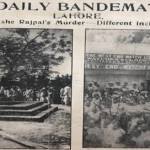



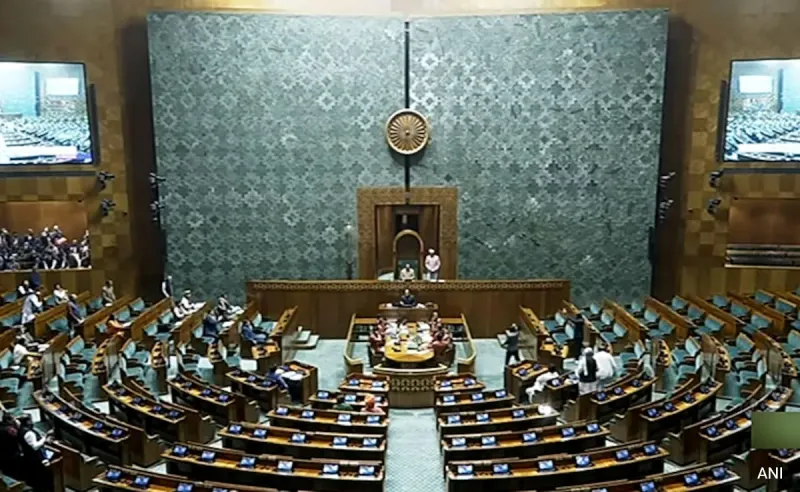
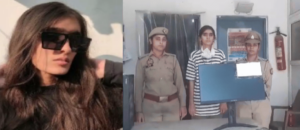
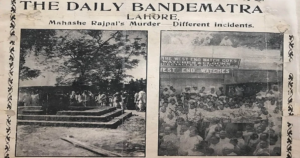
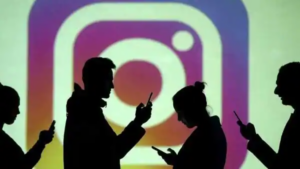

More Stories
Pandit Chamupati’s book which became a date in history
When Ram Prasad Bismil became a revolutionary after reading Satyarth Prakash
What message is the movie Maa Kali going to give?